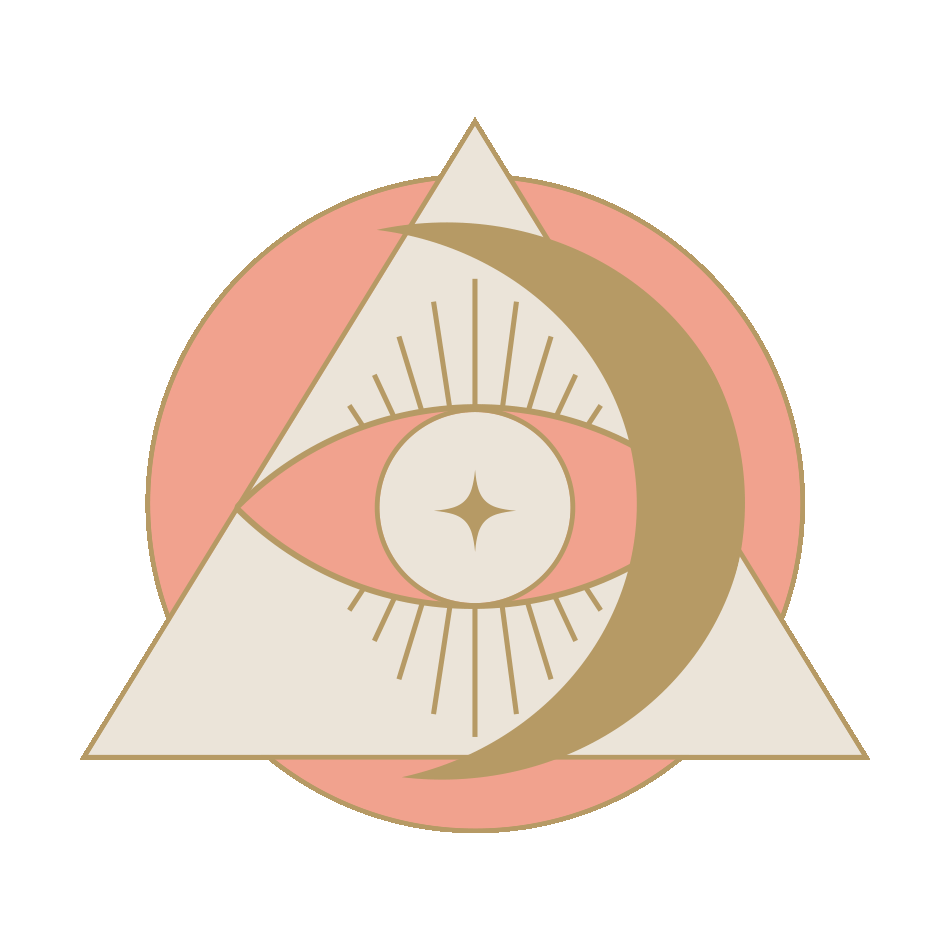The day of the Goddess
Friday the 13th- Never fear the day of the Goddess
The second and final Friday the 13th of 2023 is upon us. To the superstitious among us, this is a daunting day where one might expect bad luck to be just around the corner, but have no fear, Friday the 13th only has the power you give to it; it is just another day after all. Let’s explore the origins of this lore and why everyone’s favourite, the Patriarchy, might be the only thing to fear on this day.
In Norse Mythology, the fear of 13 (or triskaidekaphobia) originates from a dinner party held in Valhalla. 12 gods were sat at the table when in walked an uninvited guest, the puckish Loki. Loki ordered the god of darkness to shoot the god of joy with a mistletoe-tipped arrow. The world sunk into darkness and it was deemed a very bad, unlucky day from thereon. A similar origin story is found within the Christian tradition with Maundy Thursday. This is the evening of the Last Supper in which Jesus ate with his 12 disciples before his crucifixion on Good Friday. 13 became associated with Judas Iscariot, the ‘betrayer’ of Jesus. From this story, 12 stood to mean perfection, 13 became imperfect in comparison. Meanwhile, in ancient Rome, it was believed witches met in groups of 12. If there were 13, the devil was present.
Unsurprisingly, it is hard to pinpoint exactly when Friday and 13 joined forces to create suspicious hysteria. But the most common story of the unlucky pairing comes from an event on 13th October 1307. Going back to the time of the crusades, the soldiers of the Knights Templar acted as a sort of Medieval special forces to protect European pilgrims who were visiting the holy lands in the Middle East. They were devoted to the Catholic Church and soon began to wield a great deal of power and influence from their headquarters in France. Moving beyond simple religious protection, the knights furthered their reach to control the banking world and started working independently from the king and Catholic Church, creating their own state. They remained incredibly secretive, raising suspicion among monarchs who did not appreciate this challenge to authority. King Philip IV viewed the Knights Templar as a direct threat to his power and he was having none of it. On Friday 13th October 1307 the king’s men arrested the Grand Master of the Templar, Jacques de Molay and his closest men. After several months of torture, fake confessions and a show trial, Molay was burnt at the stake for heresy. In his last moments, he prophesied that both the king and Pope Clement V would join him in death soon. In less than a year, both men died and so the curse of Jacques de Molay and Friday the 13th are born.
“Death” the 13th card of the Tarot, represents the end of one phase of life and the birth of another. Scholars believe that it is a Templar Knight riding the horse in the Death card in the 1910 Rider Waite deck, chosen as a symbol to represent the ominous event of 1307.
Here’s the thing though the fear around this day developed out of a Christian- Judaeo patriarchal interpretation but in actual fact, there is a feminine spiritual layer to this that we rarely hear about. As we know, Friday is Venus Day, in French ‘Vendredi’ comes from the name Venus. Venus is the epitome of feminine energy. Before patriarchal times Friday the 13th was considered the day of the Goddess. Writer Tanaaz Chubb from Forever Conscious tells us, it was a day of worship to the Divine Feminine that lives within us all. It gave people a chance to honour the cycles of creation, birth, death and rebirth at the same time. In pagan religions, the number 13 was not to be feared but revered as it corresponds to the 13 yearly moon and menstrual cycles that occur each year. The fact that the female is capable of creating, nurturing and literally birthing human life needs to be celebrated. Though, these cycles of 13 can also extend beyond the flesh as many who worshipped on this day did so in the name of honouring the cycles of nature (something all too often referred to as witchcraft). Instead of fearing this day, celebrate Venus! The goddess of love would want you to wear red, carry a rose quartz and embrace your femininity today.
Grab some Rose Quartz and celebrate the day of the Goddess- Friday 13th!
Words: Holly Westwood





